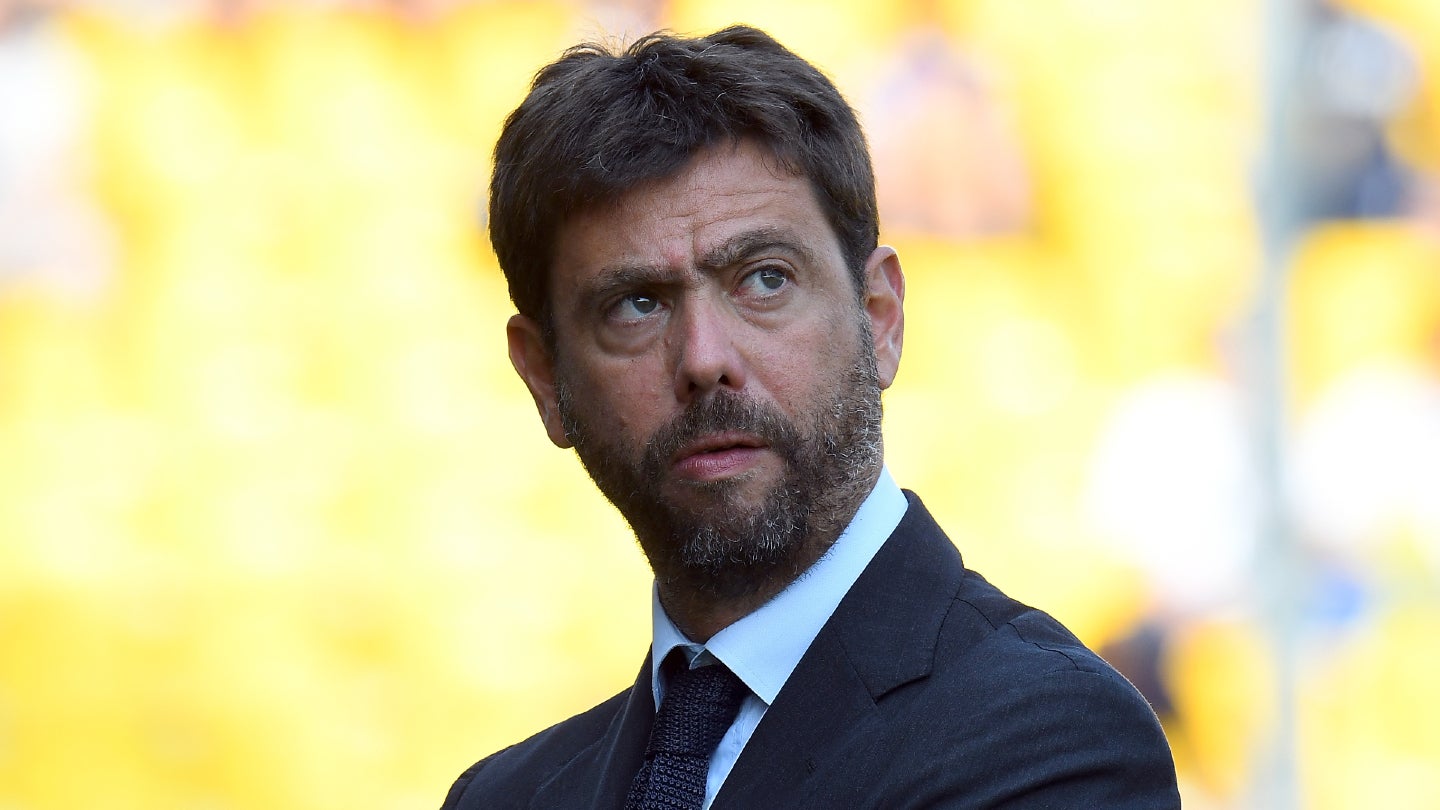
Over the years, Italian soccer giants Juventus have found themselves in the headlines for both the right reasons and the wrong reasons.
In 2006, Juve were at the center of the ’Calciopoli’ match-fixing scandal after Juventus director Luciano Moggi was discovered to have had personal relationships with Serie A referees and to have influenced league games in their favor.
The scandal was spearheaded by Moggi, but Lazio, AC Milan, Fiorentina, and Reggina were also involved. The teams suffered point deductions, fines, and crowd bans for their home fixtures, while Juventus were stripped of their 2005 and 2006 Serie A titles, deducted nine points, and relegated to the Serie B second tier, losing many star players in the process.
Sixteen years later, at the end of November, the Juventus board of directors resigned amid investigations by Italian market regulator CONSOB and Italian prosecutors into the club’s finances, although the club has denied allegations of false accounting up to now.
The club’s chief executive Maurizio Arrivabene has also stepped down but will remain until a new board is appointed on January 18, 2023. This is not the first time Juve president Andrea Agnelli and his board of directors have been under investigation, after cooperating with the police who were concerned about the club’s transfers and revenues from player registration rights between 2019 and 2021.
Juventus are now under investigation by UEFA for potentially breaching financial fair play (FFP) and club licensing regulations stemming from player transfer payments and wages during the Covid-19 pandemic in 2020 when the club claimed that players had given up four months of wages.
It is reported that Juventus are struggling to prove such claims, and the Turin prosecutor’s office believes that the club still paid their players most of their wages in secret, avoiding taxes and forging the financial books in the process.
In September, Juventus announced losses of $246.1 million for the 2021-22 season, the largest financial loss ever recorded by a Serie A club, but prosecutors believe the club’s losses are far greater than stated.
So, what does this mean for the future of Juventus?
The Investigation is ongoing, but Italian sports lawyer Mattia Grassani has described it as the largest in the club’s history and indicated that the club could face serious consequences as it did with the Calciopoli scandal. There have been suggestions that the club could again face relegation to Serie B and could also lose its ‘Covid’ league title, picked up during the pandemic-hit 2019-20 season.
Relegation would cause serious issues financially as the club would experience a huge decrease in TV, matchday, and sponsorship revenues, along with the financial hit of not playing European football. A study on the Premier League (albeit in England) by Two Circles found that stadium occupancy falls by 23.1% on average after relegation, which leads to a significant hit on matchday revenue for a football club.
The knock-on effects would include Juventus losing their star players, who wouldn’t want to waste their careers in the second division. The club would also need to sell players to raise funds for reducing the shortfall from such a disastrous scenario, as seen in 2006 when Juventus accumulated €84.5 million ($88.7 million) from player sales after relegation.
The full implications are still unknown as investigations have only recently commenced, but if it is proven that Juventus’ financial misconduct allowed the club to be registered for the 2022-23 Serie A campaign, then relegation or point penalties could be a potential punishment.
Another possible scenario could see Juventus omitted from European competitions, which would become a possibility if UEFA uncovered the secret payments of player wages in 2020. The Spanish top division, La Liga, has called for the Italian giants to be sanctioned immediately for breaching FFP rules and forging their financial books, which mounts the pressure on UEFA to act accordingly and promote “financially sustainable football.”
Despite Andrea Agnelli stepping down as chairman, Juventus are still primarily owned by Exor, which is controlled by the Agnelli family and has a 63.8% stake in the club. Exor chief executive John Elkann, who is also Andrea Agnelli’s cousin, has named Gianluca Ferrero as the new club president ahead of the new board meeting on January 18, 2023.
Although a possibility, Exor has given no indication of an intention to sell the club and instead looks to pursue a new board of directors to tackle the ongoing crisis. However, things could change depending on the outcome of the investigation, which could force Exor’s hand into negotiating with potential investors.
In general, Andrea Agnelli has split Juventus fans. Some will be sad to see him go after a successful spell at the club, winning 19 trophies in 12 seasons, the most decorated period in the club’s history, while others are happy to see him resign having blamed the 47-year-old for the club’s current issues.
Agnelli was also one of the main instigators for the breakaway European Super League and refused to give up on the idea despite nine of the original 12 interested clubs withdrawing, which upset many Juventus and football fans around the world who were not fond of the idea.
Many Juventus fans are extremely concerned about the direction the club is heading in, especially given the level of uncertainty on the matter mid-investigation. However, more will be uncovered as 2023 approaches and the exact repercussions will be made clearer.
Image: Alessandro Sabattini/Getty Images



